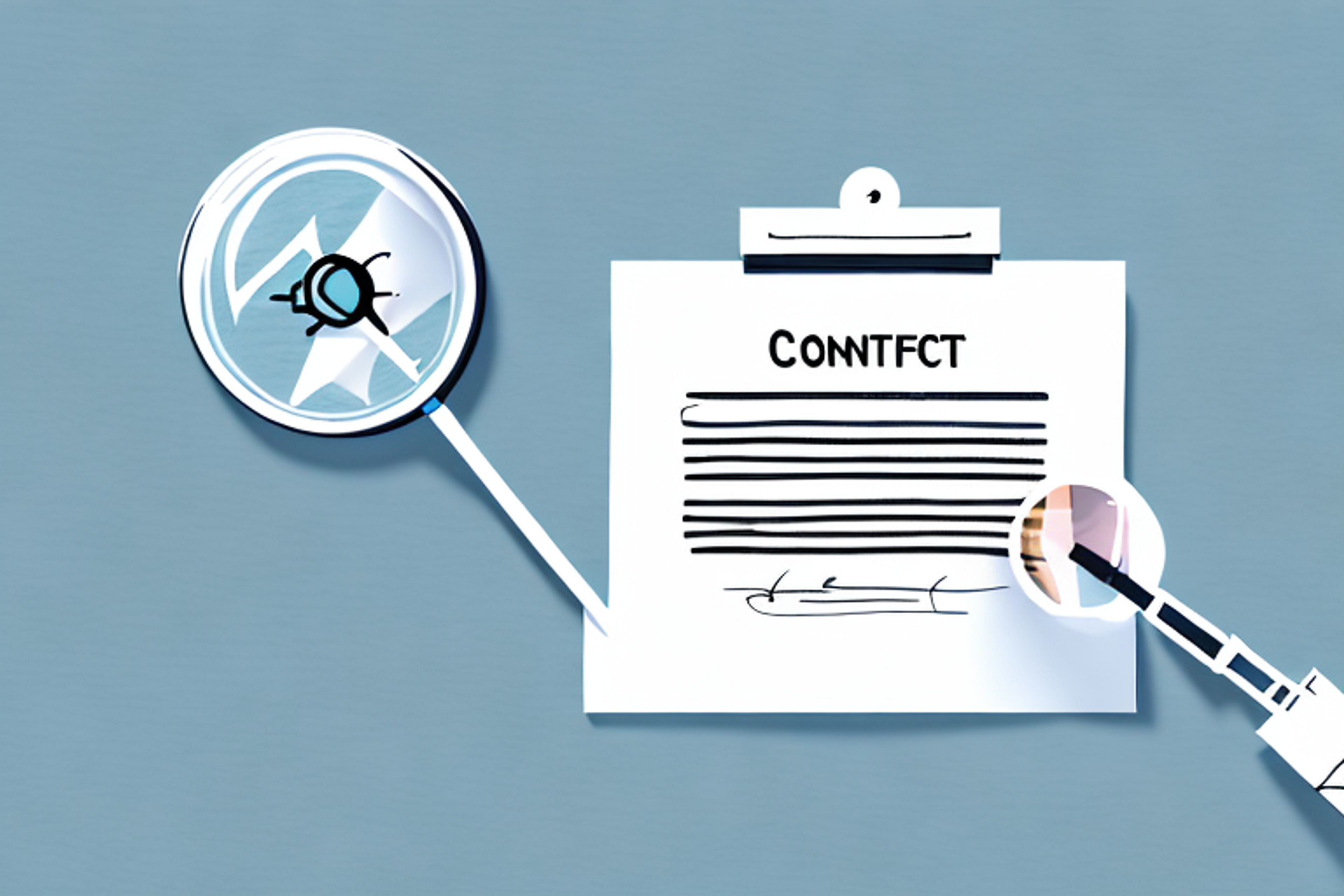Maintaining Work-Life Balance in a Law Career: Strategies and Tips
Discover effective strategies and tips for maintaining a healthy work-life balance in a demanding law career.
Posted April 10, 2025

Table of Contents
Free Event

Featuring Indrani S.
Law School App Office Hours with a Former Stanford AdCom Member
Starting Thursday, April 17
11:30 PM UTC · 45 minutes

Featuring Indrani S.
As a lawyer, it's no secret that work can feel all-consuming at times. Between long hours, high pressure, and the constant need to be "on," it can be challenging to maintain a proper balance between work and personal life. However, achieving a healthy work-life balance is essential for both your mental and physical well-being, and it's crucial for long-term success and happiness in your legal career.
What is Work-Life Balance and Why is it Important in a Law Career?
Work-life balance refers to the healthy equilibrium between your work responsibilities and your personal life, including your family, health, hobbies, and other interests. It might mean allocating specific time for work and personal activities, or minimizing requirements in either area. Too much focus on work can lead to stress, burnout, and ultimately, job dissatisfaction and health problems. By contrast, effective work-life balance strategies have been shown to improve overall happiness, productivity, and long-term career success.
In a law career, work-life balance can be particularly challenging due to the high demands of the profession. Lawyers often work long hours, including weekends and holidays, and may have to sacrifice personal time to meet client needs and deadlines. This can lead to a lack of time for self-care, exercise, and socializing, which can negatively impact mental and physical health.
However, prioritizing work-life balance in a law career can lead to numerous benefits. It can help prevent burnout and increase job satisfaction, leading to better retention rates and higher quality work. Additionally, lawyers who prioritize their personal lives are often better able to connect with clients and understand their needs, leading to stronger client relationships and more successful outcomes.
The Challenges of Maintaining Work-Life Balance in the Legal Profession
Lawyers face unique challenges when it comes to work-life balance. The high demands of the job, including long hours, deadlines, and high-stakes cases, can make it difficult to create the time or space for personal activities. The legal profession can also be stressful, with high levels of pressure and expectations. It's essential to recognize these challenges and find strategies to overcome them.
One strategy for maintaining work-life balance in the legal profession is to set boundaries. This can include setting limits on the number of hours worked each day or week, prioritizing personal activities, and learning to say no to additional work when necessary. Another strategy is to prioritize self-care, such as exercise, meditation, or therapy, to manage stress and maintain mental and physical health. By implementing these strategies, lawyers can create a healthier work-life balance and improve their overall well-being.
How to Identify if You Have an Imbalance in Your Work and Personal Life
If you feel like you are struggling to maintain a healthy work-life balance, you are not alone. It can be challenging to recognize when you are experiencing an imbalance, as the signs can often be subtle at first. Some common indicators that you might have an imbalance include feeling overwhelmed, being unable to switch off from work, neglecting self-care, and failing to engage in enjoyable personal activities. If you think you may have an imbalance, it's crucial to take action to correct the issue before it leads to more significant problems.
One way to identify if you have an imbalance in your work and personal life is to track your time. Keep a log of how much time you spend on work-related tasks versus personal activities. This can help you see if you are dedicating too much time to work and not enough to your personal life. Additionally, pay attention to how you feel during and after work. If you feel drained and exhausted, it may be a sign that you are overworking and need to make changes to achieve a better balance.
10 Strategies for Maintaining Work-Life Balance as a Lawyer
Here are ten strategies that you can use to help maintain a healthy work-life balance as a lawyer:
1. Set boundaries.
Set clear boundaries for yourself and your work, and stick to them. This might mean leaving work at a particular time each day or avoiding emails after hours. Communicate these boundaries to your colleagues and clients, and make them known.
2. Use your time wisely.
Efficient time management can help you to balance work and personal life. Schedule your day and prioritize tasks, delegate, and learn to say no to non-essential requests that can disrupt your work-life balance.
3. Prioritize self-care.
Take care of your physical and emotional health. Make time for exercise, nourishing food, adequate sleep, and relaxation activities. This can include taking a break for some mindfulness meditation or even yoga at your desk.
4. Build a support system.
Having a support system is essential for maintaining a healthy work-life balance. Communicate your needs to friends, family, and colleagues who can help you when you need it. Professionals such as therapists or coaches can also provide assistance in building effective strategies.
5. Take time off.
Taking time off for yourself, whether it's in the form of a vacation, sabbatical or mental health day, can help you re-energize and avoid burnout. Make sure that you schedule time off regularly to keep your stress at bay.
6. Incorporate mindfulness practices.
Practices like yoga, meditation, and mindfulness can help you reduce anxiety, improve focus, and relax. These practices don't always need an hour-long visit to the gym, look for quick 5 to 10-minute exercises and give them a go.
7. Balance family responsibilities.
Incorporate your family responsibilities into your schedule. Make sure that you are present and engaged with your family, even if it means leaving work earlier or taking a break during the day.
8. Navigating Solo Practice.
Working in a solo practice or running a small firm can make it challenging to maintain work-life balance. Schedule time for personal activities, delegate, and set firm boundaries to avoid work bleeding into your personal life.
9. Cultivate healthy habits.
Physical exercise, good nutrition, and good sleep habits are crucial for maintaining a healthy work-life balance. It's essential to take care of your body to keep your mind in top form.
10. Redefine success.
Measure your success in terms of work-life balance as well as your professional accomplishments. Ask yourself, what does success mean to you and can you change how you measure progress?
It's important to note that maintaining work-life balance is not a one-time task but an ongoing process. As a lawyer, you may face unpredictable workloads, tight deadlines, and unexpected emergencies that can disrupt your work-life balance. Therefore, it's crucial to be flexible and adaptable to changing circumstances while still prioritizing your well-being. Remember that work-life balance is not a luxury but a necessity for your physical and mental health, and it's essential to make it a priority in your life.
Conclusion
Maintaining a healthy work-life balance is crucial for lawyers who want to thrive both professionally and personally. By finding strategies to balance work with personal responsibilities, you can achieve long-term success, satisfaction, and happiness in your legal career. Take the time to implement the strategies we have shared, and you will be on your way to a vibrant and successful legal career.
It is important to remember that achieving work-life balance is an ongoing process. As your personal and professional responsibilities change, you may need to adjust your strategies to maintain balance. Don't be afraid to seek support from colleagues, friends, or family members when you need it. By prioritizing your well-being and making intentional choices about how you spend your time, you can create a fulfilling and sustainable legal career.











